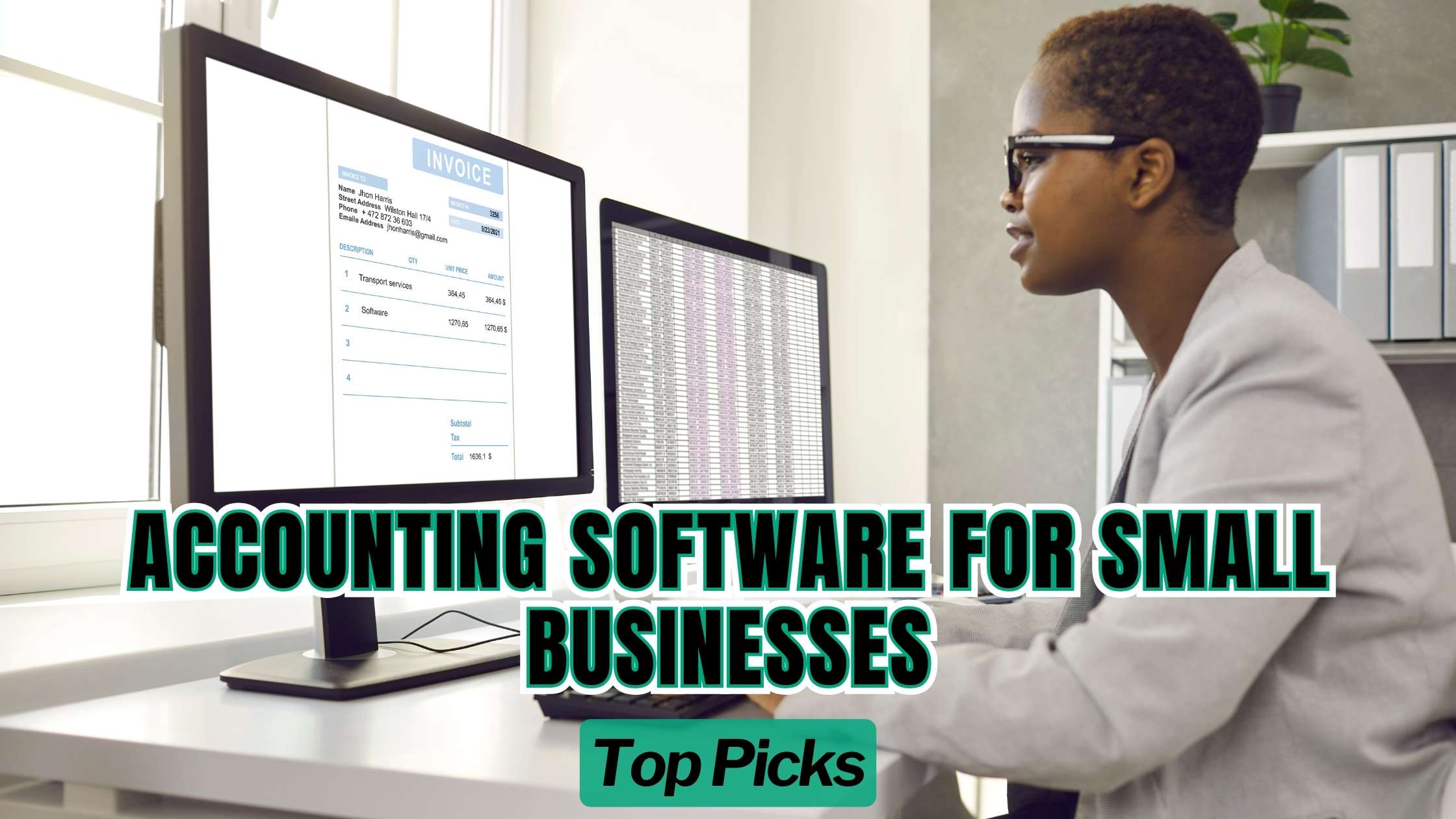Accounting Software for Small Businesses: Top Picks
- Expense Management Software Credit Cards Investing Business Solutions


Accounting Software for Small Businesses: Top Picks
Running a small business comes with its unique set of challenges, and managing finances is often at the top of the list. Fortunately, there is a wide range of accounting software available to help streamline processes, track expenses, and ensure compliance. In this article, we’ll explore some of the top picks for accounting software tailored specifically for small businesses.
Importance of Accounting Software for Small Businesses
Before diving into the top picks, let’s discuss why accounting software is essential for small businesses. Efficient financial management is crucial for long-term success, and accounting software can help automate repetitive tasks, minimize errors, and provide valuable insights into the financial health of your business. By leveraging the right accounting software, small businesses can save time, reduce costs, and make more informed decisions.
Top Picks for Accounting Software
1. QuickBooks Online:
QuickBooks Online is one of the most popular accounting software solutions for small businesses. It offers a range of features, including invoicing, expense tracking, payroll management, and financial reporting. With its user-friendly interface and robust functionality, QuickBooks Online is ideal for small businesses looking to streamline their accounting processes.
2. FreshBooks:
FreshBooks is another cloud-based accounting software designed with small businesses in mind. It offers features such as invoicing, time tracking, expense management, and project collaboration. FreshBooks is known for its intuitive interface and customizable invoicing templates, making it a favorite among freelancers and service-based businesses.
3. Xero:
Xero is a cloud-based accounting software that caters to small businesses, accountants, and bookkeepers. It offers features such as bank reconciliation, inventory management, expense claims, and budgeting tools. Xero’s real-time collaboration features and integration with third-party apps make it a versatile choice for small businesses looking to streamline their financial processes.
4. Wave Financial:
Wave Financial is a free accounting software platform that offers features such as invoicing, accounting, payroll, and receipt scanning. While Wave Financial is best suited for freelancers, solopreneurs, and small businesses with simple accounting needs, its affordability and ease of use make it a popular choice among startups and micro-businesses.
5. Zoho Books:
Zoho Books is an online accounting software solution that offers features such as invoicing, expense tracking, inventory management, and financial reporting. Zoho Books integrates seamlessly with other Zoho products, making it a convenient choice for businesses already using Zoho’s suite of productivity tools.
Do Small Businesses Need Accounting Software?
Absolutely! While some small business owners may attempt to manage their finances manually or using spreadsheets, investing in accounting software can offer numerous benefits. From automating repetitive tasks to providing real-time insights into your financial health, accounting software can help small businesses save time, reduce errors, and make more informed decisions.
In addition to the top picks mentioned above, platforms like Subscribed.FYI offer valuable resources and insights for small businesses looking to optimize their accounting processes. Subscribed.FYI provides a centralized platform where you can discover, compare, and manage SaaS tools related to accounting and finance. By accessing Subscribed.FYI Deals, small businesses can unlock exclusive savings on premium accounting software products and enhance their financial management capabilities.
Relevant Product Links:
Explore Subscribed.FYI:








